NDI marks International Day of Peace by launching a blog series on supporting democratic resilience to violent conflict. Pictured above, Zambian youth leaders meet with Martin Luther King III at an NDI-sponsored event to provide young leaders with anti-violence training and a platform on which to speak out against electoral violence.
A key goal of democratization is peaceful politics. Political battles may be inevitable, but in stable democracies they are not waged by armed groups, but through institutions such as elections, parliaments, the media, and civil society organizations. Through its focus on peace, security, and democratic resilience, NDI helps democratic actors recover from violent conflict and manage the myriad of shocks and stressors that threaten to tip fragile democracies into violence. This blog post is the first in a series marking the International Day of Peace on September 21 that will highlight NDI’s approaches to supporting resilient democracies.

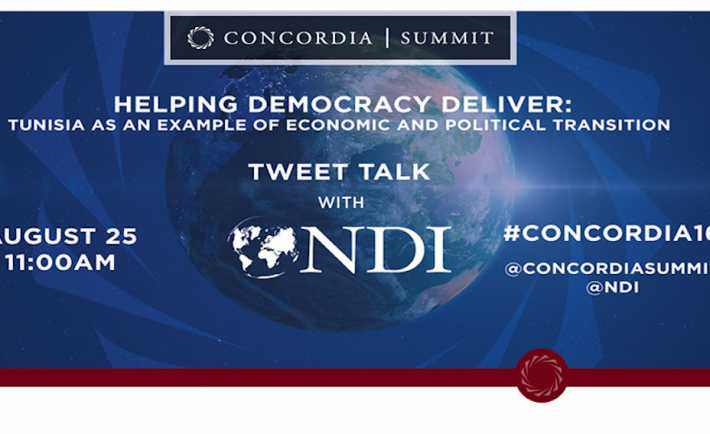
.jpg)

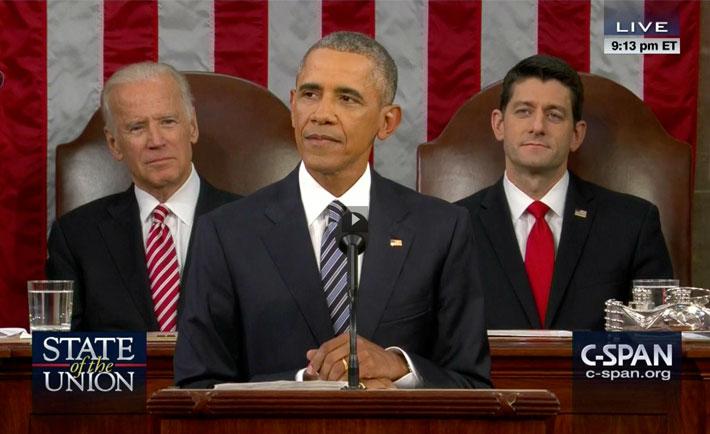
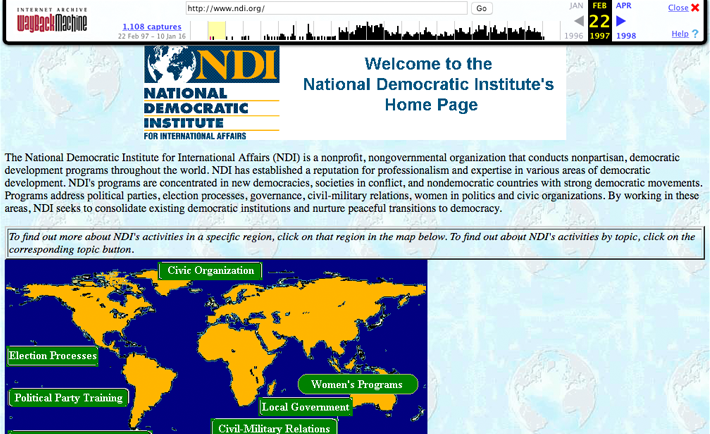
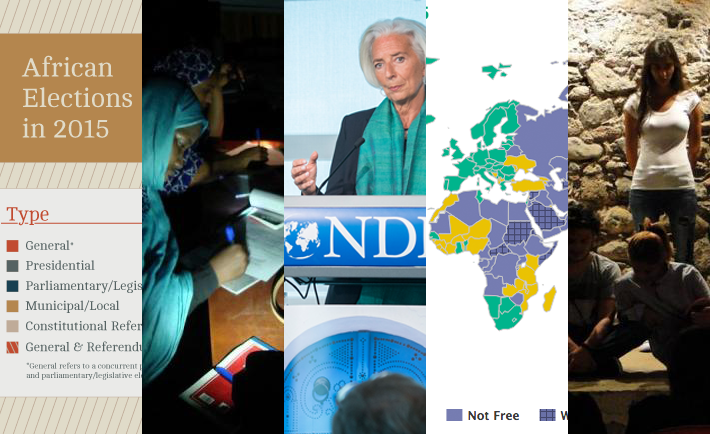

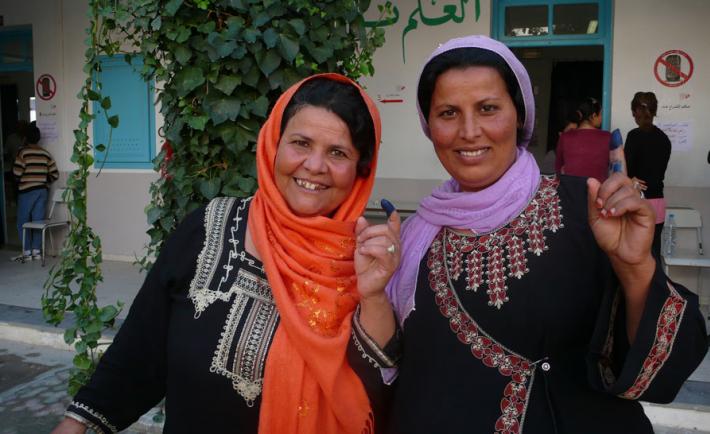
_2.jpg)